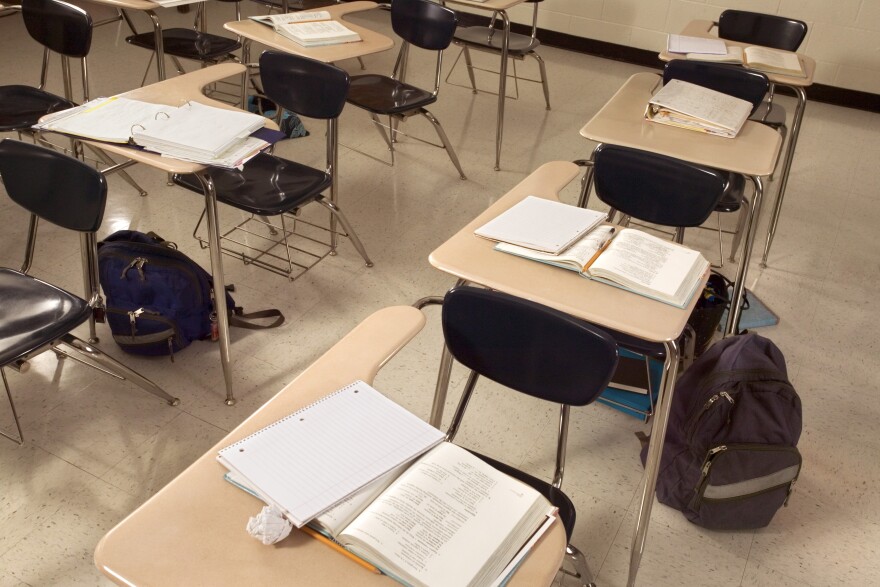Momentum is underway in the city of Madison to address racial disparities. The mayor and school leaders have raised the issue. They know there are a few unflattering statistics about their community. Leaders say that if they do nothing, they fear the divide will continue growing.
When we hear about Wisconsin’s achievement gap between black and white students or its high rate of incarcerating black men, the city that comes to mind may be Milwaukee. But Madison Mayor Paul Soglin says those problems are not limited to the state’s largest city. Last week, he introduced a plan to curtail racial inequalities in Madison.
“This is an initiative where we intend to look at every action we do as a city government asking the question is it equitable? Are we insuring access to public services? Are we providing all of our services in an equitable manner to every resident of Madison?” Soglin says.
Soglin offers an example.
“These days, employers, including government, are going more and more to the use of online applications for jobs. Well when an individual doesn’t have access to the internet and a computer, they can’t apply,” Soglin says.
Soglin says city leaders will examine the impact of decisions on everything from hiring to transportation to incarceration. But he says in order for the larger community to change, the private sector must also step up.
“We have some wonderful corporations in this state that will write out a check to a banquet. They’ll buy an ad in a program book, but when we walk through the hallways of their office buildings we see a workforce that doesn’t reflect the larger community,” Soglin says.
While the city rethinks ways to address disparities and diversity, the Madison school district is also changing some of its policies. Ed Hughes is district president. He says for years, it considered doing away with its zero tolerance policy —that’s the practice of automatically expelling or suspending students for certain behaviors. Hughes says minority kids have been affected the most.
“We were just concerned that students were being excluded from school too often missing too much learning, and it was certainly not doing anything for their education, and didn’t seem to be serving a useful purpose for us,” Hughes says.
This year the district rewrote the policy. Starting in fall, it will offer alternatives to expulsion and suspension. Michael Johnson is happy to see movement. He’s president of the Madison Boys and Girls club.
“Because we can’t continue to talk about it. I think people are fatigued from the conversation. People been talking about these issues since the 1950s,” Johnson says.
Johnson says it’s not a black and white issue, it’s a humanitarian issue.
“When we have one segment of our community not doing well, our entire community will underperform,” Johnson says.
Mayor Paul Soglin agrees, it’s time to act.
“We’re going to be looking at the consequences of the decisions and making sure we get fair results,” Soglin says.
Soglin says no city is getting it completely right, but Madison is looking to places such as Portland, Seattle and Minneapolis, to learn how they have enhanced diversity.

